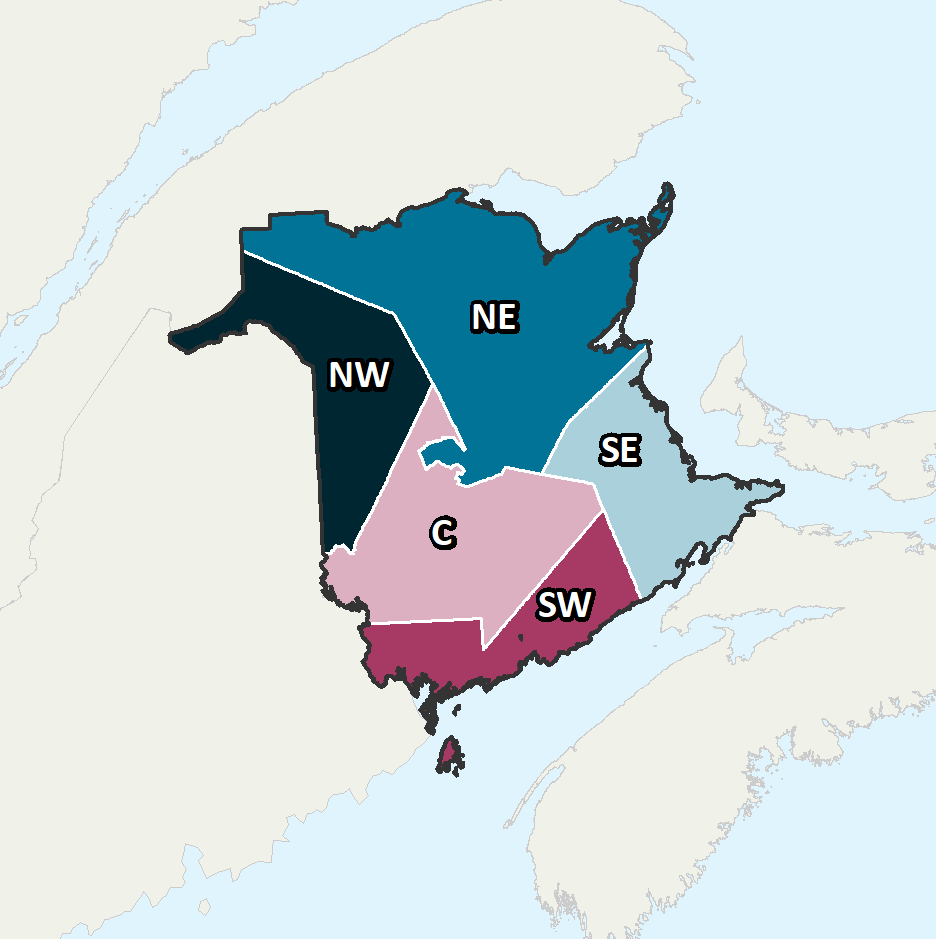
Boilermakers
build, test, repair and maintain boilers, tanks, towers, heat exchangers and other heavy-metal structures.
On This Page
Full NOC Description
Boilermakers fabricate, assemble, erect, test, maintain and repair boilers, vessels, tanks, towers, heat exchangers and other heavy-metal structures. They are employed in boiler fabrication, manufacturing, shipbuilding, construction, electric power generation and similar industrial establishments. Apprentices are also included in this unit group.
Main Duties
This group performs some or all of the following duties:
- Read blueprints or specifications to plan sequence of operation
- Lay out plate, sheet steel or other heavy metal and mark bending and cutting lines on work piece using protractors, compasses and drawing instruments or templates
- Set up and operate heavy-metal working machines such as brakes, rolls, shears, flame cutters and drill presses to cut, shape and form metal into parts or sections
- Fit and weld metal parts or sections together to fabricate boilers, vessels, tanks, heat exchangers, piping and other heavy-metal products
- Erect and install boilers and other heavy-metal products according to specifications using hand and power tools
- Repair and perform maintenance work on boilers and other heavy-metal products
- Direct activities of hoist or crane operators and other workers during fabrication, assembly, installation or repair of structures
- Test finished structures using a variety of methods.
- Boilermakers may specialize in rigging and hoisting, preparation and layout, or welding aspects of the trade.
Also Known As
- boiler fitter
- boiler installer
- boilermaker
- boilermaker apprentice
- construction boilermaker
Employment Requirements
Completion of secondary school is usually required.
- Completion of a three- to four-year apprenticeship program or a combination of over four years of work experience in the trade and some high school, college or industry courses in boilermaking is usually required to be eligible for trade certification.
- Trade certification is compulsory in Nova Scotia, Quebec and Alberta and available, but voluntary, in all other provinces.
- Red Seal endorsement is also available, in all provinces, to qualified boilermakers upon successful completion of the interprovincial Red Seal examination.
Provincial Regulation
- Provincially Regulated: Yes
- Compulsory: Yes
- Red Seal: Yes
Regulation Body
The following graph shows the percentage of men and women working in this occupation in New Brunswick.
Data legend
The following graph shows the breakdown of all persons working in this occupation in New Brunswick by age group.
Data legend
The following graph shows the breakdown of all persons working in this occupation in New Brunswick by highest level of education achieved.
Data legend
The following graph shows the industry groups in which the largest shares of persons working in this occupation in New Brunswick are employed. Small percentages for all top three industry groups may suggest employment for this occupation is widely distributed amongst many industry groups.
Data legend
The following graph shows the breakdown of all persons employed in this occupation in New Brunswick by which economic region they reside in.
Data legend

Economic Regions
The following map displays New Brunswick’s five economic regions. An economic region (ER) is a grouping of counties, created as a standard unit for analysis of regional economic activity across Canada.
The following graph shows the average salary of all persons employed in this occupation in each of New Brunswick’s five economic regions.
Data legend

Economic Regions
The following map displays New Brunswick’s five economic regions. An economic region (ER) is a grouping of counties, created as a standard unit for analysis of regional economic activity across Canada.
The following represents the median hourly wage of all persons employed in this occupation in each of New Brunswick’s five economic regions.
The following shows the average salary of everyone who worked full-time and year-round in this occupation across each of the Atlantic Provinces and nationally.
The following represents the number of job openings that are expected to occur in this occupation over the next three and ten years respectively, broken down by openings expected to result from growth (“new jobs”) and openings expected to result from attrition (death and retirements).


Share this page
No endorsement of any products or services is expressed or implied.